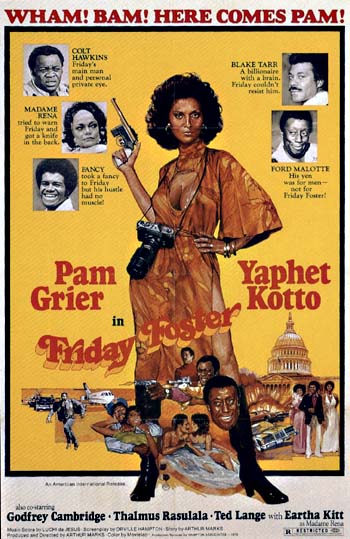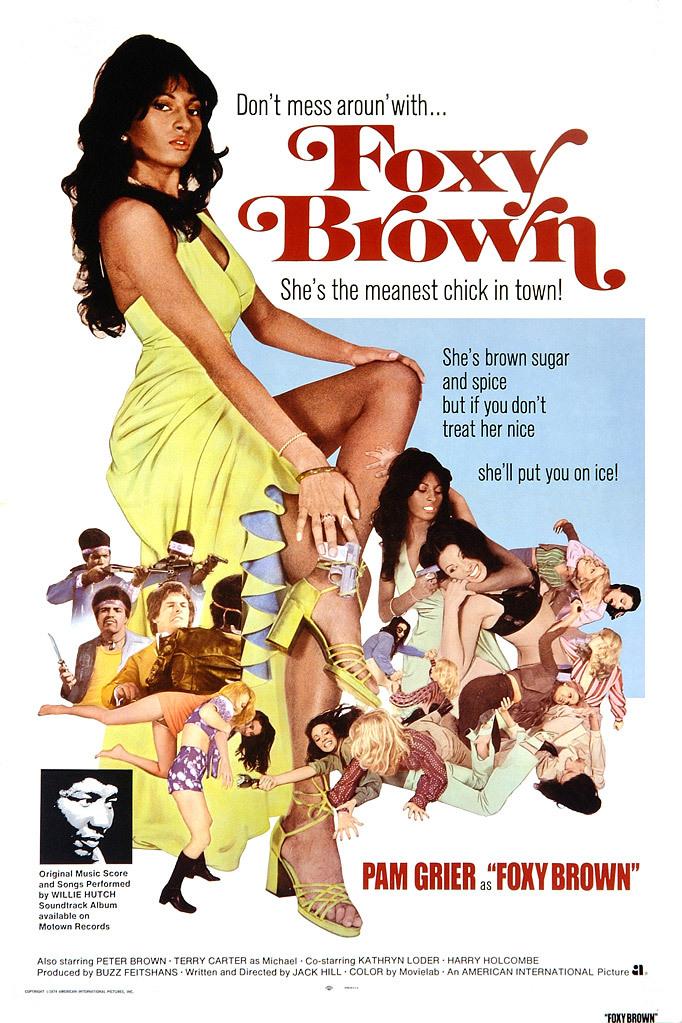★★★½
“Germany calling…”
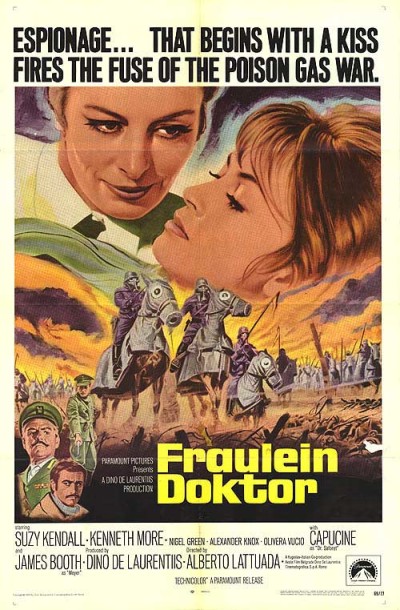 There’s a lot going on in this World War I spy thriller: probably a little too much, though it’s still generally interesting. The titular character – I wouldn’t go so far as to call her a heroine, for reasons that will become obvious – is a nameless German spy, whom we first see coming ashore at the British naval base of Scapa Flow. Her two male associates are captured, with Meyer (Booth) being “turned” by British intelligence officer, Colonel Foreman (More). Meyer reveals the fraulein’s mission is to find out on what boat Lord Kitchener will be leaving the base, so it can be attacked. Despite More’s desperate efforts, the plan succeeds and Kitchener is killed. That’s not the first time she has caused problems: in a flashback, we see her seducing French scientist Dr. Saforet (Capucine), in order to steal the secret of a dreadful new chemical weapon. Meyer, now a double-agent, is sent back into Germany with the aim of killing her, and appears to succeed. However, that’s just a ruse, so the not-so-good doctor can complete her biggest mission: organizing a raid on Allied headquarters to steal their defense plans, in advance of a massive German push.
There’s a lot going on in this World War I spy thriller: probably a little too much, though it’s still generally interesting. The titular character – I wouldn’t go so far as to call her a heroine, for reasons that will become obvious – is a nameless German spy, whom we first see coming ashore at the British naval base of Scapa Flow. Her two male associates are captured, with Meyer (Booth) being “turned” by British intelligence officer, Colonel Foreman (More). Meyer reveals the fraulein’s mission is to find out on what boat Lord Kitchener will be leaving the base, so it can be attacked. Despite More’s desperate efforts, the plan succeeds and Kitchener is killed. That’s not the first time she has caused problems: in a flashback, we see her seducing French scientist Dr. Saforet (Capucine), in order to steal the secret of a dreadful new chemical weapon. Meyer, now a double-agent, is sent back into Germany with the aim of killing her, and appears to succeed. However, that’s just a ruse, so the not-so-good doctor can complete her biggest mission: organizing a raid on Allied headquarters to steal their defense plans, in advance of a massive German push.
It’s refreshingly grey in terms of morality. Neither side comes off as occupying the high ground, and there’s very much a sense of grubby necessity. For instance, when the agent is being presented with a medal for her role in killing Kitchener, the presenting German officer refuses to shake her hand, because he considered Kitchener a fellow officer as well as a friend, and his death was “cheating”. But they are perfectly happy to use her talents: when the idea of sending a woman in is questioned, her commander replies, “Why not a woman? She has imagination, precision, courage beyond any man on any battlefield. She has only two weaknesses: traces of pity and grains of morphine.” The latter adds an extra wrinkle in her final undercover role, as a nurse on a Red Cross train, heading to the front, and she has no reluctance in using her body to achieve her goals – whether with men or women. Kendall gives a solid performance, and I was surprised to discover this was inspired by a real person, Elsbeth Schragmüller, whose identity as “Fraulein Doktor” was not revealed until almost 30 years after the end of WW1. Details of her actions are still sketchy, offering the makers a blank canvas on which to paint: no evidence she was a bi-sexual drug-addict, for instance!
As noted, there’s too much going on here. The mission to kill Kitchener could have been an entire movie in itself, as could the theft of the chemical weapon, but instead, these are galloped through at an over-anxious pace. The finale then seems to forget about its leading lady entirely, heading off in an completely different direction, depicting the German attack, both with conventional weapons and poison gas, and the effects on the Allied troops. Shown below, it is truly a nightmarish sequence of epic proportions, enhanced by Ennio Morricone’s discordant score: I believe the Yugoslav army supplied military extras, and that ups the ante considerably. It makes for a grim, rather than rousing finale, bringing home to the fraulein, the responsibility of what she has done. I can see why it was a commercial flop and has largely been forgotten, yet despite its flaws, it deserves a better fate than obscurity.
Dir: Alberto Lattuada
Star: Suzy Kendall, Kenneth More, James Booth, Capucine






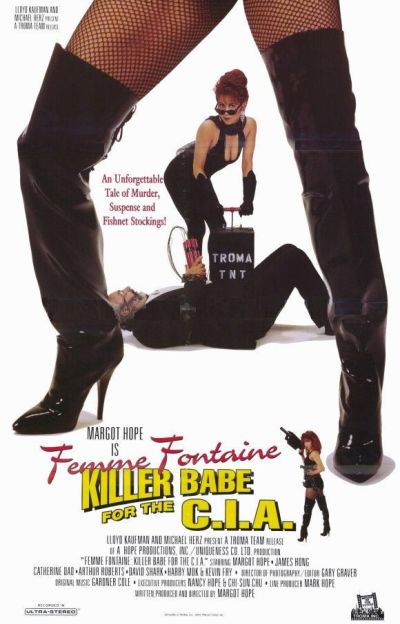

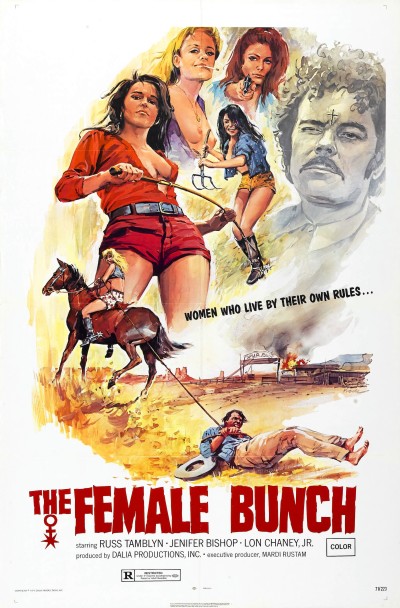
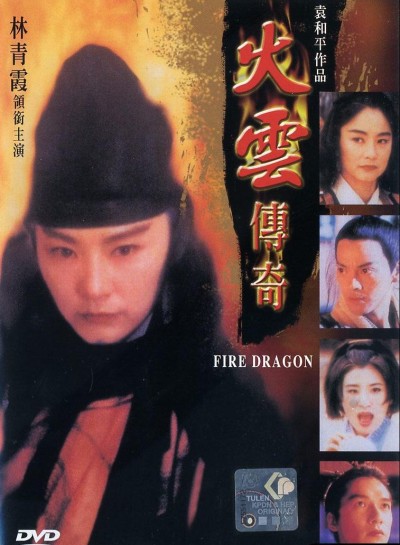 Prince Six (Tan) is plotting rebellion against the legitimate government, but Ming (Chu) has obtained a piece of compromising evidence from a dying Imperial guard. Before he can deliver it, the seal proving his identity is lifted by Tang Lyn-Yu (Ng), who runs a circus troupe, but has set her amorous eyes on Mind. He returns to the troupe, to try and locate the seal, but also there, undercover, is Fire Devil (Lin), who has been tasked by Six with locating and destroying the evidence of his treachery. However, after her involvement in a battle which leaves a young child orphaned, along with her beginning to fall for Ming, she begins to question whether she is on the right side of the fight. It doesn’t count as much of a spoiler to say that it ends with Fire Devil taking on Six, in a finale which involves so many things blowing up, you’d be forgiven for thinking the title of the film was as given at the top.
Prince Six (Tan) is plotting rebellion against the legitimate government, but Ming (Chu) has obtained a piece of compromising evidence from a dying Imperial guard. Before he can deliver it, the seal proving his identity is lifted by Tang Lyn-Yu (Ng), who runs a circus troupe, but has set her amorous eyes on Mind. He returns to the troupe, to try and locate the seal, but also there, undercover, is Fire Devil (Lin), who has been tasked by Six with locating and destroying the evidence of his treachery. However, after her involvement in a battle which leaves a young child orphaned, along with her beginning to fall for Ming, she begins to question whether she is on the right side of the fight. It doesn’t count as much of a spoiler to say that it ends with Fire Devil taking on Six, in a finale which involves so many things blowing up, you’d be forgiven for thinking the title of the film was as given at the top.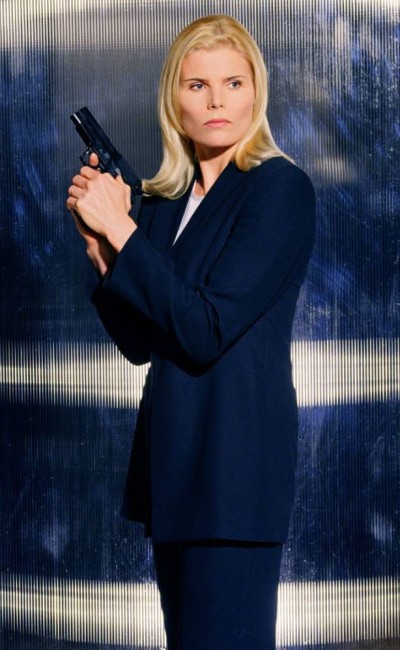 The low score for this is partly not entirely the film’s fault. Despite the title, it’s actually the third entry in a series of TV movies – following First Daughter and First Target. All focus on blonde Secret Service agent Alex McGregor, charged with protecting the President and his family. However, only this one is available on Netflix, which is where I picked it up: had I known in advance, I would likely have started at the beginning. Certainly, the abundance of references to events prior to the start of this movie becomes explicable – if no less irritating – and this might well make more sense if you’ve seen, in particular, First Daughter. The makers seem largely to ignore the second entry, First Target – perhaps because the role of McGregor there was played by Daryl Hannah, after Mariel Hemingway turned down the role she had played in #1. She returned here,
The low score for this is partly not entirely the film’s fault. Despite the title, it’s actually the third entry in a series of TV movies – following First Daughter and First Target. All focus on blonde Secret Service agent Alex McGregor, charged with protecting the President and his family. However, only this one is available on Netflix, which is where I picked it up: had I known in advance, I would likely have started at the beginning. Certainly, the abundance of references to events prior to the start of this movie becomes explicable – if no less irritating – and this might well make more sense if you’ve seen, in particular, First Daughter. The makers seem largely to ignore the second entry, First Target – perhaps because the role of McGregor there was played by Daryl Hannah, after Mariel Hemingway turned down the role she had played in #1. She returned here, 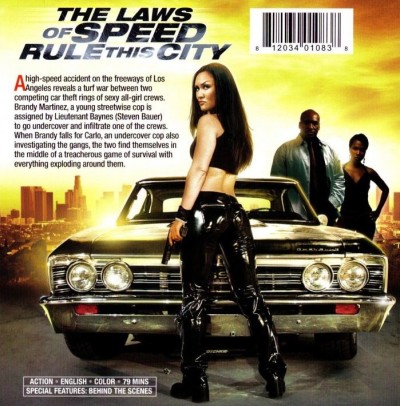 After a freeway chase ends in a fatal crash, a policewoman (Lizette) goes undercover to infiltrate the warring gangs of car thieves responsible. As “Baby” Martinez, she helps Eve (Lethridge) evade capture by an irate car-owner and, as a result, is recruited to join the all-female group of which Eve is a part, operating under the protection of Mama (Olivia Brown). However, Eve has a past to contend with, having defected from the gang led by Knight (Parker) – and worse still, taken his classic car with her. Unknown to her, the trunk holds a stash of drugs, whose loss leaves Knight feeling the heat from those in the criminal food chain above him. As a result, he’s prepared to go to any lengths to recover his property.
After a freeway chase ends in a fatal crash, a policewoman (Lizette) goes undercover to infiltrate the warring gangs of car thieves responsible. As “Baby” Martinez, she helps Eve (Lethridge) evade capture by an irate car-owner and, as a result, is recruited to join the all-female group of which Eve is a part, operating under the protection of Mama (Olivia Brown). However, Eve has a past to contend with, having defected from the gang led by Knight (Parker) – and worse still, taken his classic car with her. Unknown to her, the trunk holds a stash of drugs, whose loss leaves Knight feeling the heat from those in the criminal food chain above him. As a result, he’s prepared to go to any lengths to recover his property.